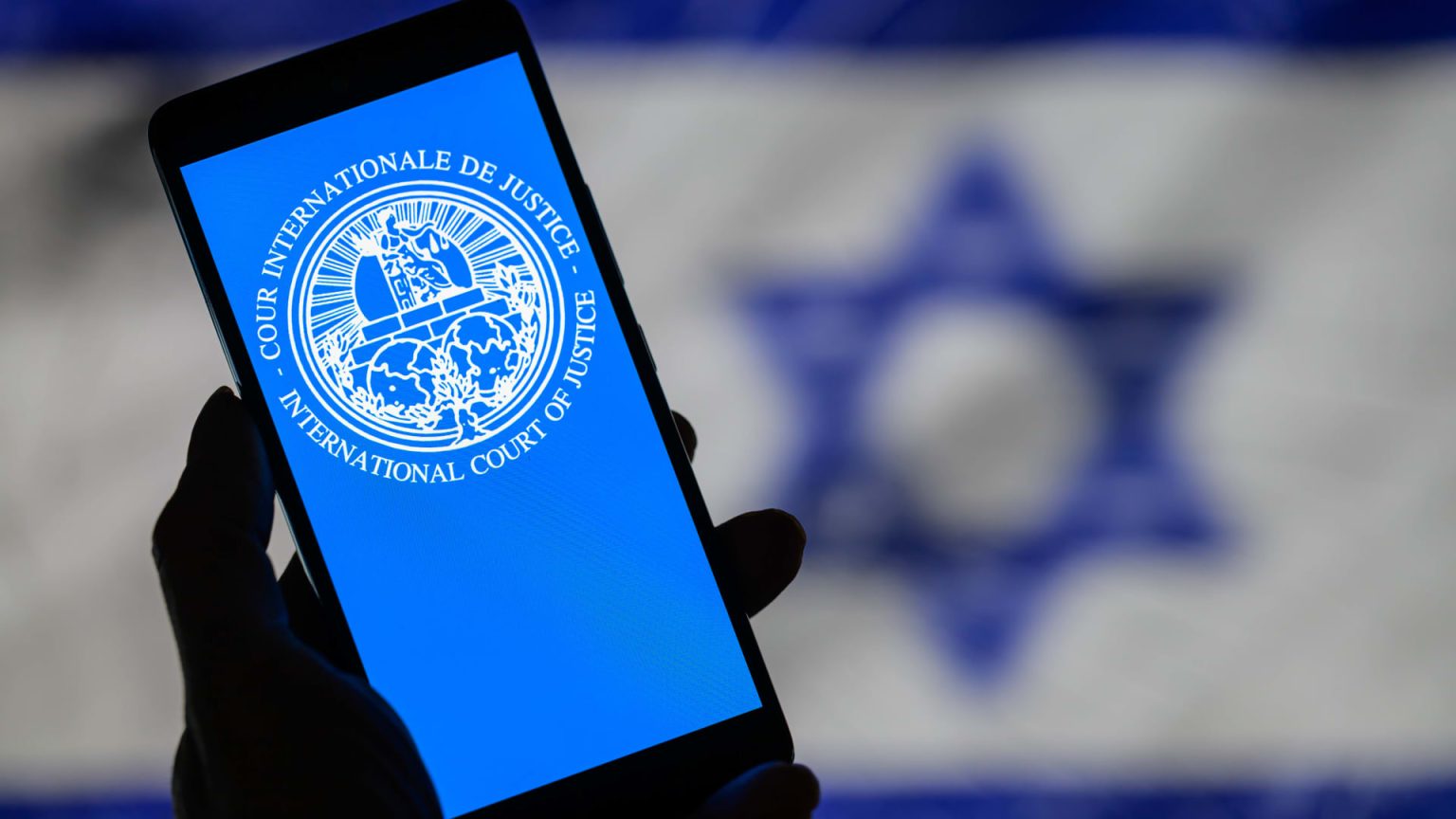The International Court of Justice (ICJ) ordered Israel to halt its military offensive in Rafah in the Gaza Strip due to concerns over the safety of Palestinian civilians. The court emphasized that conditions in Rafah had deteriorated since its last ruling in March, and Israel’s evacuation and other measures were found to be insufficient. Israel defended its actions, stating that it has the right to defend its territory and citizens while complying with international law and humanitarian principles.
Israel’s Finance Minister Bezalel Smotrich rejected calls for the country to stop the war, arguing that doing so would jeopardize Israel’s existence. Israel has been conducting a military campaign in Rafah, where over a million displaced Palestinians have sought refuge, in an effort to eliminate the militant group Hamas. The ongoing conflict has resulted in significant casualties on both sides, with Hamas accusing Israel of aggression and genocide.
South Africa had requested the ICJ to rule on the Rafah offensive within a case initiated in December to address potential genocide risks from Israel’s broader military campaign in Gaza. Despite calls for a ceasefire, the World Court has refrained from issuing such a mandate. Israel maintains that its objectives in Gaza are not to target civilians but to combat Hamas, which it holds responsible for numerous casualties, including from terror attacks.
Hamas welcomed the ICJ ruling and urged the U.N. to pressure Israel to adhere to the decision, highlighting the need to end aggression against Palestinians in various parts of Gaza. The Palestinian Authority also celebrated the court’s decision, viewing it as a step towards international consensus and the cessation of conflict in the region. Israel faces growing challenges in the international arena due to the court’s verdicts, which may worsen its isolation on the global stage.
The U.N.’s decision to order Israel to halt its military activities in Rafah comes as the third diplomatic setback for Israel in a single week. The International Court Prosecutor sought arrest warrants for Israeli officials, including Prime Minister Benjamin Netanyahu and Defense Minister Yoav Gallant, as well as Hamas leaders, in connection with alleged crimes committed during the Gaza conflict. Additionally, Norway, Ireland, and Spain announced their plans to recognize an independent Palestinian state, further complicating the situation and adding pressure on Israel to comply with international norms. Israel’s ongoing conflict with close ally the U.S. highlights the complex geopolitical dynamics at play in the region.
The ICJ’s ruling is final and non-appealable, although the court lacks direct enforcement capabilities. While the verdict may not immediately alter the situation on the ground, it carries significant implications for Israel’s reputation and international relations. As tensions and conflicts persist in Rafah and other areas of Gaza, the need for a lasting resolution to the longstanding Israeli-Palestinian conflict remains elusive, with the international community playing a crucial role in seeking peace and stability in the region.


